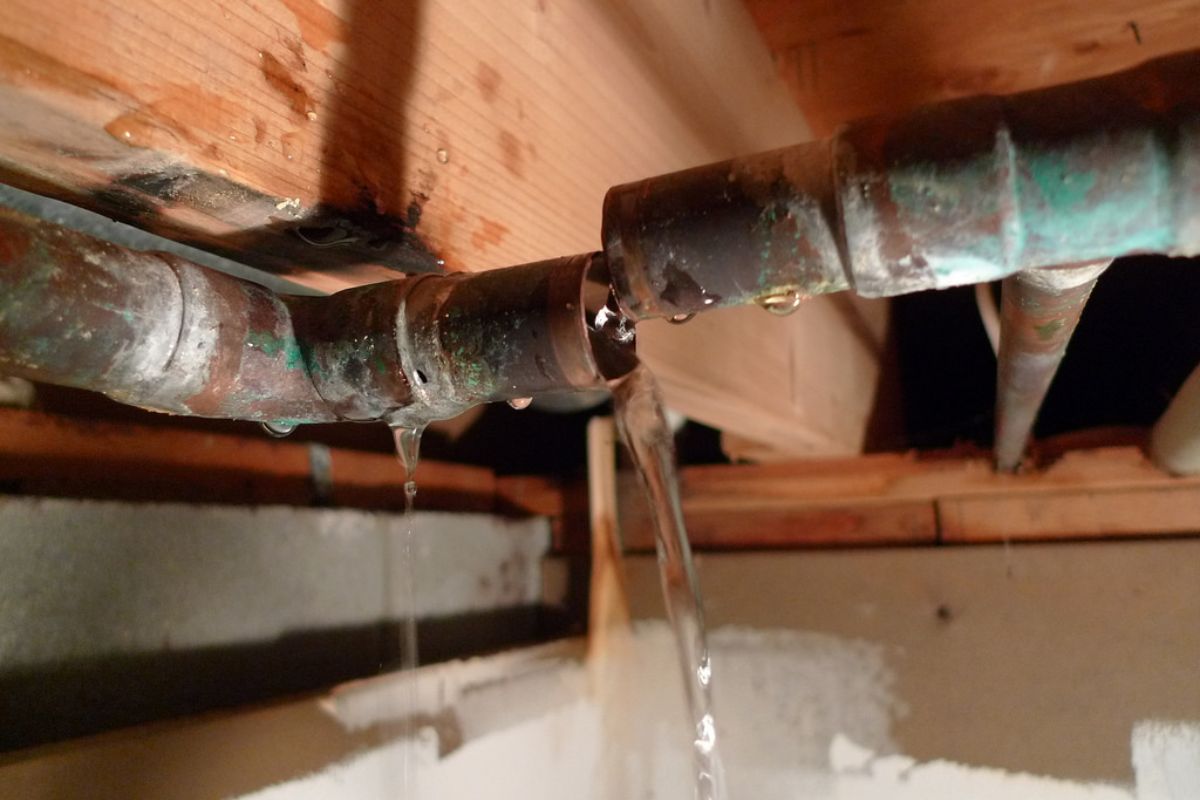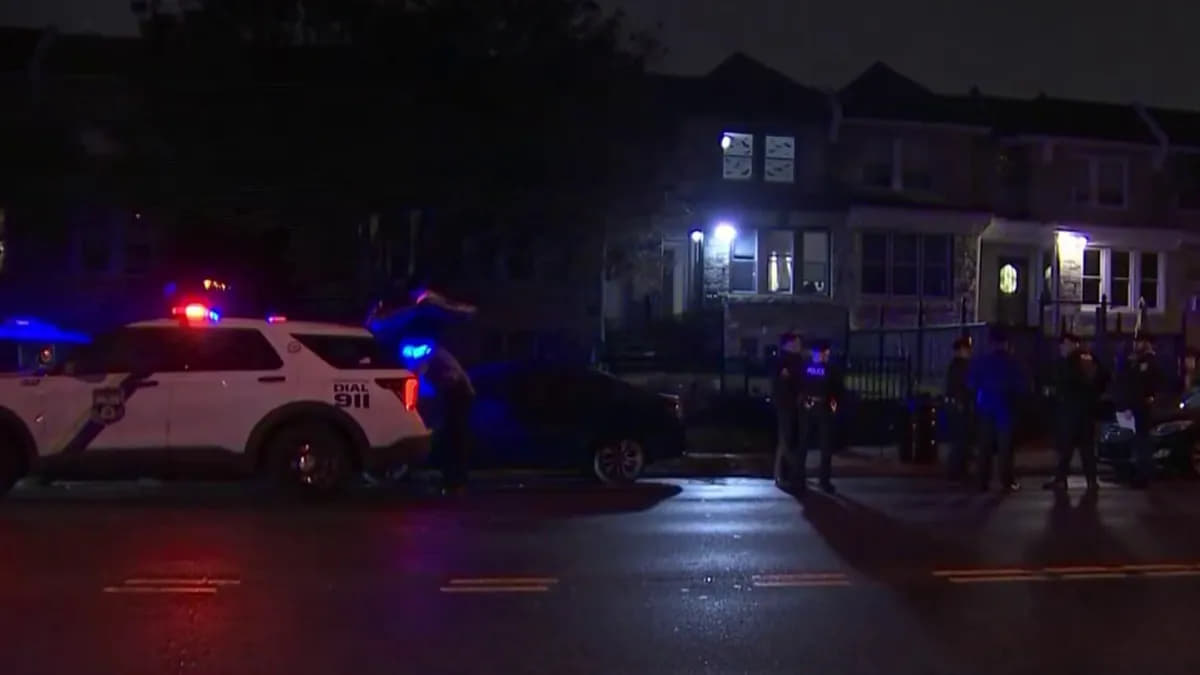Rental agreements can encounter mistakes when it comes to paying rent. Tenants sometimes overpay due to errors or misunderstandings. It's crucial for landlords to understand their obligations regarding returning overpaid rent.
In this article, we will discuss the timeline for landlords returning overpaid rent.
How long does a landlord have to return overpaid rent?
Landlords are legally obligated to return overpaid rent to tenants. Though timeframes vary by location and agreements, landlords generally should promptly refund excess funds once an overpayment is identified. Most jurisdictions consider 30 days a reasonable period for returning overpaid rent. Landlords must handle overpayments accurately and quickly according to their leasing responsibilities.
Related: How Long Does A Landlord Have To Collect Unpaid Rent?
What should tenants do if they overpay rent?

Tenants who realize they've overpaid rent should promptly notify their landlord and provide supporting evidence like bank statements. Open communication is key so landlords can correctly resolve issues in a timely manner. Providing documentation also helps streamline the refund process.
Is there a penalty for landlords who fail to return overpaid rent?
Failure to return overpaid rent within a reasonable time could result in penalties or fines depending on local regulations. Landlords risk legal consequences by not properly addressing overpayments expeditiously.
Maintaining rent payment records and promptly handling any discrepancies assists compliance with relevant laws and regulations.
Can landlords deduct fees from refunds?
Generally, landlords must return the exact amount overpaid without deductions. However, in some situations regulations may allow deducting outstanding debts or repair costs from refunds.
Tenants deserve transparency on how their money is handled, so landlords need familiarize themselves with applicable financial guidelines.
What steps can prevent overpayment?
Clear rent collection procedures along with itemized receipts can help tenants track payments and avoid mistakes. Landlords should periodically reconcile amounts collected versus owed to catch errors promptly. Electronic payment platforms provide an additional layer of organization that makes overpayments less likely for both parties.
Ongoing accountability saves time addressing unnecessary issues down the road.
What recourse do tenants have if refunds are delayed?
Tenants can file complaints with local housing authorities or tenant advocacy groups should landlords delay refunding overpayments beyond a reasonable timeframe. Pursuing legal counsel may also resolve intractable refund disputes not solved through other channels.
Tenants still deserve their money back according to regulations regardless of landlord responsiveness.
Conclusion
In conclusion, although exact timeframes vary, landlords generally must promptly return overpaid rent within 30 days according to most regulations. Maintaining open communication, accurate records, and compliance with financial procedures protects both landlords and tenants from unnecessary issues regarding overpayments. Following prescribed guidelines leads to fair resolutions for all parties.





